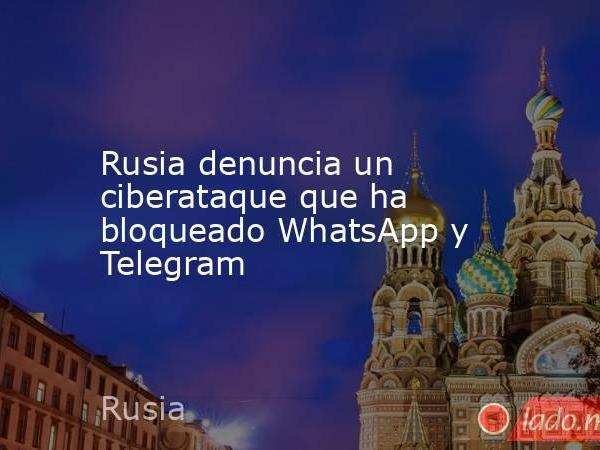On August 21, 2024, Russia experienced a widespread disruption of online services, primarily affecting popular messaging apps Telegram and WhatsApp, as well as other platforms such as Skype, Discord, and even Wikipedia. The outage, which began around 14:00 Moscow time, impacted users across various regions of Russia, with the heaviest concentration of reports coming from Moscow and St. Petersburg.Roskomnadzor, the Russian telecommunications regulator, attributed the disruption to a Distributed Denial of Service (DDoS) attack on Russian telecommunications operators. According to their statement, the attack was successfully repelled by 15:00 Moscow time, with services gradually returning to normal. However, the extent and duration of the outage varied depending on users’ locations and internet service providers.While Russian authorities have blamed external cyber threats, some experts and organizations have suggested alternative explanations. Mikhail Klimarev, director of the anti-censorship NGO Internet Protection Society, questioned the official narrative, pointing out that certain services, including VPNs, remained operational during the outage. The public organization ‘Roskomsvoboda’ claimed that the disruption might have been an unintended consequence of Roskomnadzor’s attempts to block Telegram, reminiscent of a similar incident in 2018.This event occurs against the backdrop of increasing digital control in Russia since the start of its invasion of Ukraine in February 2022. The incident has raised concerns about the vulnerability of Russian telecommunications infrastructure to cyber attacks and the ongoing tensions in the country’s digital landscape.
Key points
- A large-scale DDoS attack disrupted multiple online services in Russia, including Telegram and WhatsApp, on August 21, 2024.
- Roskomnadzor claims the attack was repelled within an hour, but some experts question the official explanation.
- The incident highlights ongoing tensions in Russia’s digital landscape and its vulnerability to cyber attacks.
Contradictions👾While Roskomnadzor attributes the disruption to a DDoS attack, some experts and organizations suggest it might have been caused by Russian authorities attempting to block certain services.
